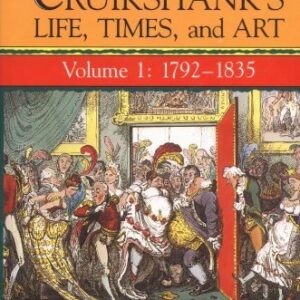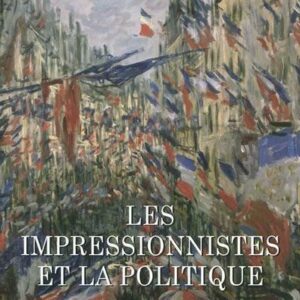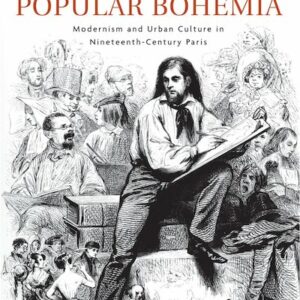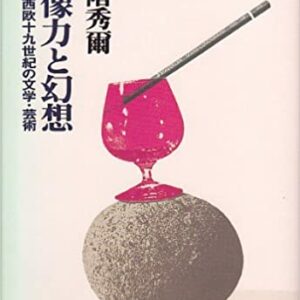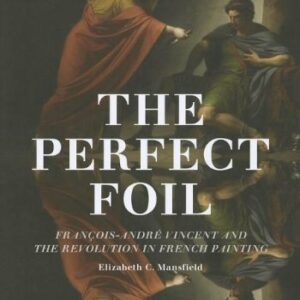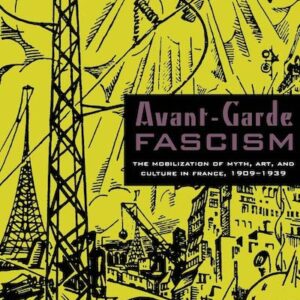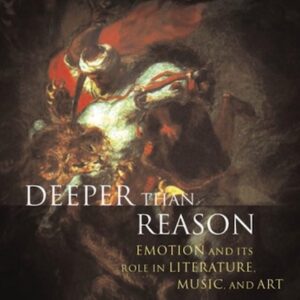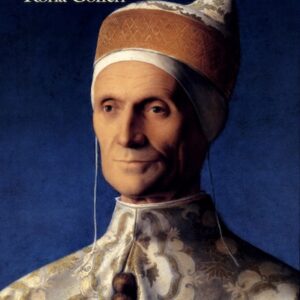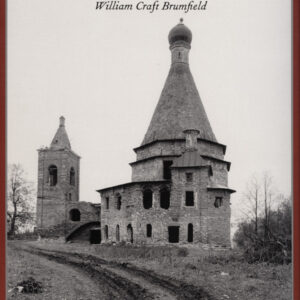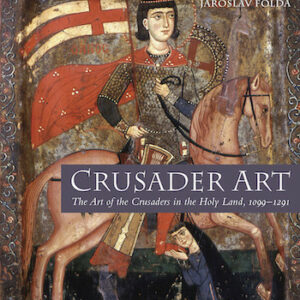
Crusader Art: The Art of the Crusaders in the Holy Land, 1099-1291
By Jaroslav Folda (NHC Fellow, 1988–89; 1998–99; 2006–07) The Crusades began as expeditions called by the Pope to regain the Holy Land and liberate oppressed Christians living there. One of the least-known aspects of the Crusades is the art that was commissioned by Crusaders in the Holy Land from the time they took Jerusalem in … Continued
